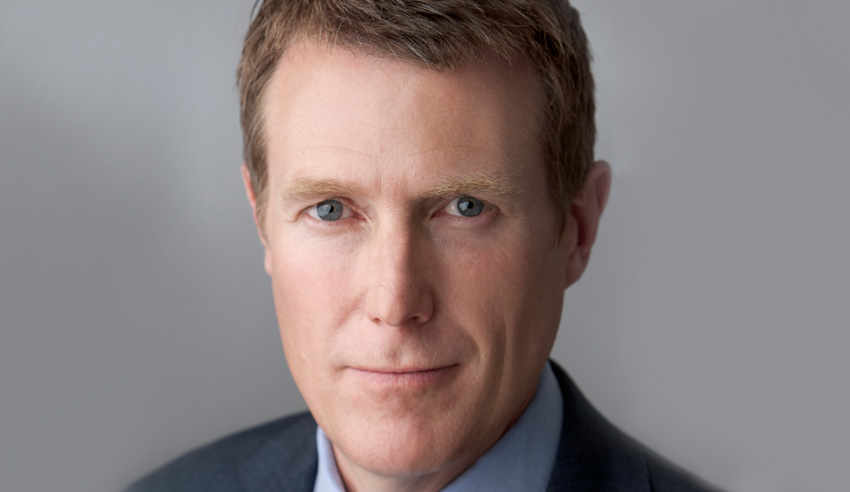With a class action inquiry underway, Australia’s lively class action industry will be impacted, stirring a complex debate on the role of litigation funders.

This week, Attorney-General Christian Porter set up a parliamentary inquiry into the profits of litigation funders to inquire if Australians “are receiving their fair share” from class action settlements and look at the “extraordinary profits being made by the booming litigation funding industry”.
Lawyers Weekly previously reported the divide between major corporations and the class actions industry, with COVID-19 a catalyst that has sped up the examination on an issue that has lingered.
There are concerns litigation funders are fuelling the volume of class actions and restricting the payouts to ordinary Australians caught in situations such as the summer’s bushfires and the PFAS toxic foam payout which has left affected Williamstown residents unhappy.
Previously, G+T and HSF lawyers spoke to Lawyers Weekly about the possible loopholes for potential class actions to be launched in a pandemic.
Corporate Australia has also enlisted support from the business community to call for a reduction in class actions.
Business Council of Australia president Jennifer Westacott ramped up calls for businesses to be given a temporary reprieve from class actions during the crisis and called for Treasurer Josh Frydenberg to put a halt to “opportunistic class actions”.
The Australian Institute of Company Directors (AICD) took a similar stance drafting temporary proposals to the Corporations Act, enlisting the help of Herbert Smith Freehills.
General manager of the AICD Louise Petschler told Lawyers Weekly that COVID-19 had caused extreme market volatility and uncertainty, posing challenges for boards and companies.
“This reform is a targeted solution directly tied to the current pandemic and the threat of opportunistic class action litigation,” she said.
For Ai Group chief executive Innes Willox, global litigation funding firms were earning “outrageous’’ levels of return in Australia at the expense of claimants, businesses and the broader community.
On the political side, Liberal MP Jason Falinski has described litigation funders as a “plague of locusts” that had “turned our justice system into a casino”.
The power of funders
Australia has become about the most attractive country worldwide for class action lawsuits, and was also called a “litigation hell hole”, largely thanks to the extremely lucrative returns available to law firms and litigation funders.
Litigation funders now finance three-quarters of all class actions in Australia. And the plundering of plaintiffs is attracting foreign capital.
Lawyers Weekly understands global hedge funds, even Harvard’s endowment funds, are piling into Australian-based litigation funds.
There are fears the economic fallout created by COVID-19 in Australia is being targeted by global litigation funding firms intent on backing class actions against business and government.
According to an analysis by HSF, 61 per cent of the class action compensation awarded in Australia last year went to litigation funders and lawyers, up from 41 per cent in 2016, leaving just under 40 per cent for the plaintiffs.
Most litigation funders active in Australia are based overseas, but Omni Bridgeway (previously IMF Bentham) has established a highly lucrative position as an ASX-listed company, backed by foreign capital.
Its results filed last week show the two funds it set up for class actions in Australia in 2017 have delivered a return on invested capital of 302 per cent and an internal rate of return of 924 per cent, multiples higher than its funds in the US.
Funders hit back
However, litigation funders have hit back at the call by major business organisations to pause new class actions during the pandemic as an attempt to avoid being accountable for their “bad behaviour”.
Association of Litigation Funders of Australia chairman John Walker said that class actions were simply an efficient way to enforce the law, to protect markets and investors or members of the community from negligence.
“The call by big business to have unenforceable laws is opportunistic to say the least,” he said.
Meanwhile, global litigation funder Omni Bridgeway has welcomed Attorney-General Christian Porter’s new parliamentary inquiry, but noted only some criticism of the industry is valid.
“Omni Bridgeway is a supporter of additional regulation that would improve the class action system, deliver better outcomes for all participants and prevent opportunistic and unnecessary litigation,” it said in a statement.
“This would include the introduction of a licensing regime for litigation funders and a legislated minimum level of returns for claimants in a class action.”
Shadow attorney-general Mark Dreyfus also said the inquiry was a “shameless move towards denying justice and fair compensation for ordinary Australians”.